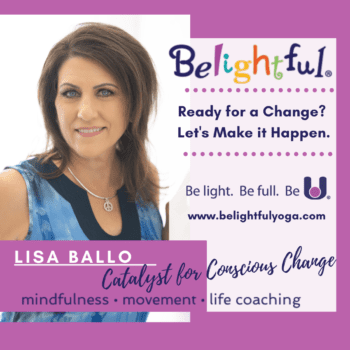The ability to bounce back after a difficult event or long bouts of stress is a wonderful gift.
After all, internal resiliency is an important component in finding success in the outer world. But it’s also the foundation for good mental health.
Yet, while some people easily survive or even thrive during the most challenging ordeals, there are others who really struggle to find such resiliency. For them, dealing with just daily life can be stressful.
Why Resilience Is So Crucial
Comprehensive research into resilience over the past several decades found there are many factors that determine whether one will become naturally resilient. Good parenting, genetics, self-regulation skills, effective schooling, and community resources are among them.
Folks who are highly resilient likely benefited from a combination of these factors. They tend to be open to change, are more adaptable, and possess the healthy perspective that setbacks are learning opportunities.

These traits and attitudes help protect them from stress. And we all know it doesn’t take long before chronic stress negatively impacts your psychological, emotional, and physical well-being.
It’s something of a fallacy to say that resilient people bounce back. This makes resiliency sound like an effortless venture that was just bestowed upon them. But it’s quite the contrary.
Finding a New Path
Rather than bouncing back from whence they came, resilient people facing challenging situations immediately begin to look for a new path.
They may start by reframing a problem or situation from a different perspective. They also tend to tap into the power of positive emotions to solve problems more creatively while bonding with supportive individuals in their lives.
Engaging in physical activity is also a priority for those who are naturally resilient. It not only eases the physical effects of stress on the body, but it improves confidence and self-esteem.
Naturally resilient folks also know how to identify their strengths and take advantage of them to carve a new path. They look toward the future with optimism and realize that setbacks are temporary and are able to regard them as learning experiences. This gives them a stronger sense of control.
This doesn’t mean, of course, if you’re not blessed with the ability to bounce back that you have no access to resilience.
Gaining the Ability to Bounce Back
Learning who you want to be and pursuing that leads to a fulfilling and meaningful life in line with your core values. This, in turn, lessens stress and allows for a more resilient outlook.
Yes, it takes time to recover from a major setback or loss. Giving up will not help you move through it. Your situation will improve but only if you work at it. So how do you do that?
If only it were as easy as ‘add water and stir.’ Yet, it’s not a harrowing task. Expert life coaches frequently work with their clients on becoming more resilient. Three of their top recommendations are as follows:
Stay Social

Humans are social creatures. Even if you’re a certified introvert, it’s important to build positive relationships with friends and loved ones. They are a crucial component to building resiliency in that they provide you with support and guidance in good times and in bad.
If you feel rather isolated and don’t know where to start, you can look into volunteering or perhaps joining a spiritual community.
Practice Self-Care
Self-care can feel like selfishness. It is not.
Part of resiliency includes tending to your feelings and needs. Get involved in activities you enjoy. Or start a new hobby. And as we mentioned above, include physical activity in your self-care regimen. Practicing mindfulness techniques like yoga or moving meditation are great places to start.
Also, create consistent bedtime routines to ensure you’re sleeping enough – but not too much! And finally, self-care means eating a healthy diet. Loading up on comfort foods might give you a quick fix, but they’ll leave you feeling anything but resilient in the long run.
Learn from the Past
Chances are, you’ve moved through tough times in the past. So ask yourself, what skills and strategies worked the last time? And, perhaps more importantly, which ones didn’t?
Perhaps writing out these past experiences will help you to more clearly see your old patterns that are keeping you stuck. In addition, do your best to move away from regrets around past difficulties.
You know you can’t change the past. So look to the future instead. And embrace the idea of changes and setbacks as something that will eventually make you stronger.
Are You Seeking More Resiliency In Your Own Life?
If the ability to bounce back repeatedly escapes you, it can be difficult to learn from setbacks.
Consider the many ways a life coach can help you become more resilient.
If you’re ready to embark on that journey, then contact us today. Working with one of our life coaches, you’ll finally be able to set clear and achievable goals so you can approach your future with meaning.



